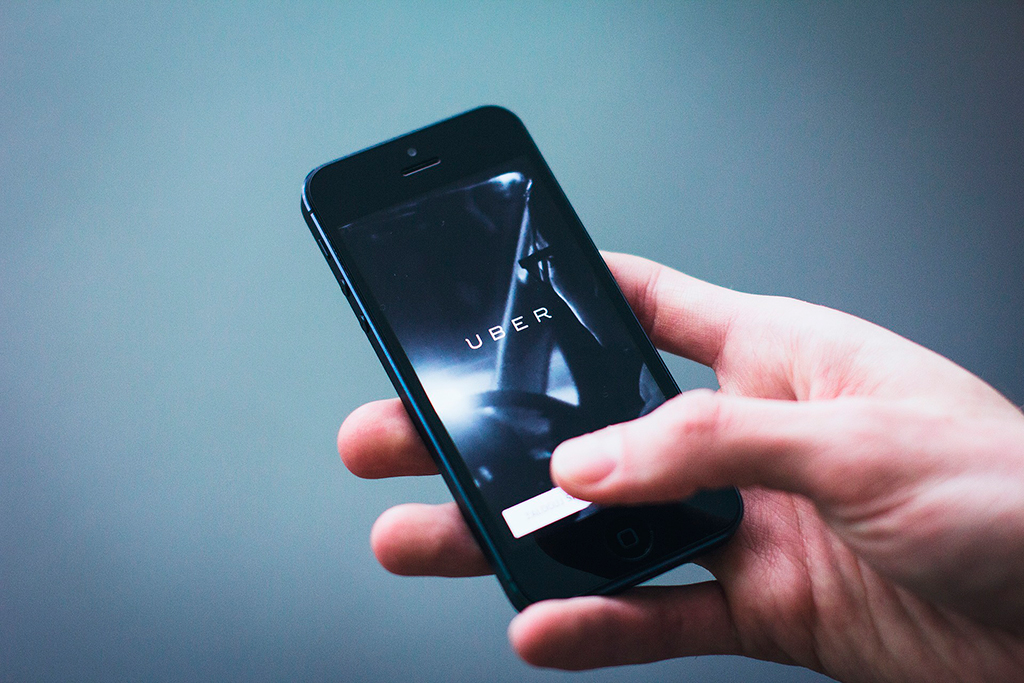Unicorn companies, at the expense of the collaborative economy
Experts point out that Uber and Airbnb do not promote social and collaborative values and are demanding protection for the model
In the financial world, a unicorn is a technology-based start-up company which in a short space of time reaches a market value in excess of one billion dollars. Companies like Uber and Airbnb are examples of this, and they also fall within another classification: the collaborative economy.
The European Union estimates in a report that at the end of 2015 the gross revenue generated by companies based on this model already exceeded 28 billion euros, and is forecasting exponential growth that could exceed 500 billion euros within the next few years. Of the companies based on the collaborative model, Uber and Airbnb have the highest market value worldwide, yet their business model and the social effects they have on cities where they are present arouses scepticism among experts.
Dismantling employment conditions
“The corporate collaborative economy is a phenomenon that has taken advantage of the situation created after the 2008 recession, not by rethinking the economic system to move towards one that is fairer and more stable, but as a strategy for dismantling employment conditions”, Mayo Fuster, researcher in the IN3-UOC expert research group in the collaborative economy, Dimmons, points out.
Fuster explains that, in the beginning, collaborative economy practices were based on the exchange of knowledge and participative governance, irrespective of whether they were profit-making or not. An example of this is the Couchsurfing accommodation service, as opposed to the model used by Airbnb, which is a private company looking to maximize profit by retaining part of the payment made by the user for the service. “The unicorn model, the one adopted by Uber, is about corporations that have at their disposal huge numbers of 'non-employees' to meet demand, which means they do not have to contribute to the healthcare system, unemployment, accident insurance or Social Security payments”, Fuster says.
Protecting the model
Uber has recently started operating in Barcelona with a service called UberX, using drivers with a professional licence and with fares 15% cheaper than the taxi service. August Corrons, professor at the UOC Faculty of Economics and Business, says that unicorn companies “want to take advantage of the capitalist system; therefore, the public authorities will need to get to work to ensure no unlawful activity or unfair competition takes place, and that everybody is competing under the same conditions”.
The expert in social economy points out that we need to differentiate between companies like Uber and those of the “collaborative economy per se, which really seek to benefit people and to empower them”, which means they should, according to Corrons, “receive 'special' treatment from the public authorities”. Specifically, the expert is demanding that public authorities simplify bureaucratic procedures, offer more financial aid and publicize companies operating in the collaborative economy.
Experts UOC
Press contact
-
Editorial department
